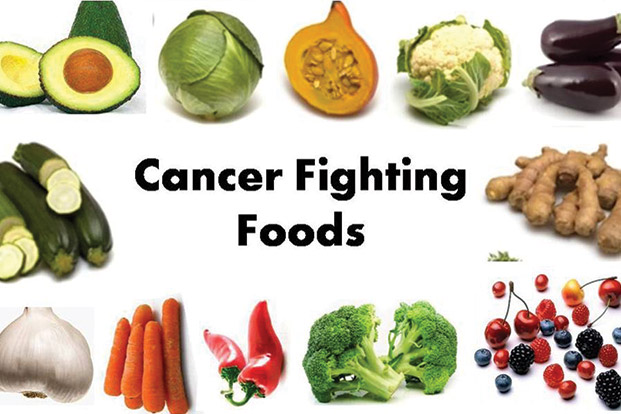10 Diet Tips for a Cancer Patient
in
Onco Care
Apr 19, 2022
Maintenance or improvement in nutrition status is the ultimate goal of medical nutrition therapy for individuals undergoing treatment for cancer. Modification in diet and eating habits are necessary during treatment to reduce or eliminate the side effects of therapy. Specialized nutrition support is not only for maintaining nutritional status but also for improving quality of life.
Objectives of medical nutrition therapy for cancer patients are:-
- To prevent further tissue catabolism
- To meet the increased metabolic demands of the body
- To provide relief from the symptoms
- To prevent progression and promote recovery from cancer cachexia

Diet Tips for Cancer Patients –
- Cancer imposes increased energy demands because of the hyper metabolic state of the disease process and increased energy requirement to spare proteins for tissue healing and promote weight gain. Current guidelines recommended a calorie range of 25-35 kcal/kg of ideal body weight/day. A high energy diet is helpful in inhibiting the side effects of chemotherapy and cancer cachexia.
- Calorie dense foods such as cream soup, puddings, custard, sandwich with cheese or egg, fruits juices, milk shake, etc are helpful to maintain energy requirements.
- Adequate amount of carbohydrates should be provided to maintain calorie requirement especially easy to digest carbohydrates in the form of mono/disaccharides and starch such as honey, sugar, glucose, sago, cereals, pulses, starchy vegetables, etc.
- Metabolic stress due to cancer and chemotherapy is increased. This causes tissue catabolism, hypoalbumenia and anaemia. It is recommended to provide high protein diet with high biological value (e.g. eggs, fish, poultry, milk and milk products, etc) with I in the range of 1.5 to 2 gms/kg of ideal body weight/day.
- Around 15-20% of total calorie should be provided from fat as they help in making the meals calorie dense and improve palatability. Visible sources of animal fat (ghee, lard, butter, etc) and flesh food (red meat) should be restricting in diet. A combination of vegetable oils (e.g. olive, rice bran, sunflower, safflower, soybeans, Mustard, etc) can help in improving taste and providing variety of flavor in different meals.
- Vitamin B complexes are essential to promote adequate metabolism of energy and protein. Vitamin A, Vitamin C, Vitamin E should be provided liberally (in the form of properly washed and peeled fruits & vegetables) as they help in reducing the morbidity and mortality due to cancer. The role of phytochemicals (carotenoids, flavonoids, plant- sterols, alliums compounds, phenols etc in terms of pumpkin, carrot, tomatoes, spinach, broccoli, soybeans, sweet potatoes, peanuts, etc) is gaining importance.
- Meal timing (frequent and small) plays an important role in ensuring adequate food intake and meets the nutritional requirement.
- Semisolid/full liquid diet should be given to those who experience dysphasia, have lesions in the mouth or esophagus.
- Adequate fluid intake is important to replace losses due to gastrointestinal disturbances, infections and fever. It can also help the kidneys to excrete out the metabolic breakdown products from the destroyed cancer cell as well as from the toxic drugs used in the treatment.
- In general, patient’s loss their taste sensations, so flavouring and seasoning agents which are rich in anti oxidants (e.g. mint, coriander, turmeric, etc) are beneficial to them.









